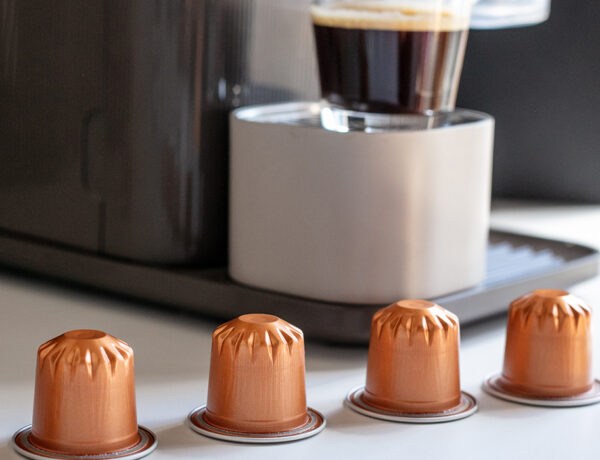
Buying guide: how to choose your Nespresso® compatible capsules
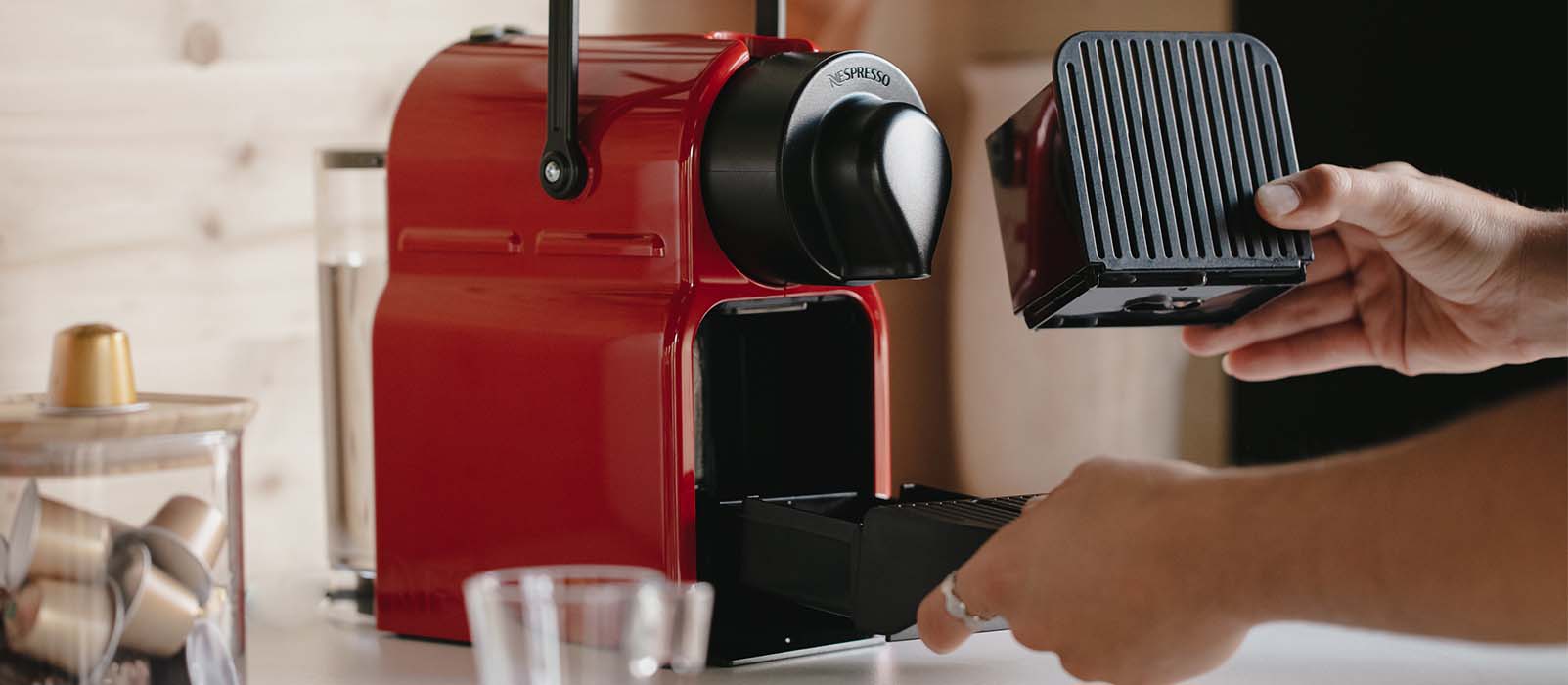
Written by Jigisha
Have you purchased a Krups coffee machine compatible with Nespresso® pods?Congratulations, you’re now well-equipped to make quick and delicious espressos! However, to ensure the longevity of your machine and to enjoy great coffee for as long as possible, did you know that regular maintenance is essential? Descaling your Krups coffee machine is an essential step: here’s how to do it.
What happens if you don’t descale your machine regularly? Limescale can build up over time, which may deteriorate your machine and cause leaks. This type of issue is not covered by the customer service, as it is not a machine defect but a maintenance issue.
If descaling is not carried out, the quality and especially the temperature of your coffee may decrease, leading to a less satisfying coffee experience.
Descaling your Nespresso® Krups coffee machine offers several benefits:
For optimal results, it is recommended to descale your Nespresso® Krups machine once a year. However, if you have hard water, consider increasing the descaling frequency to maintain the machine’s performance. To determine your water’s hardness, use specially designed test strips.
Additionally, make sure to consult the descaling instructions specific to your coffee machine model, as they may vary slightly.
Ingredients


Material
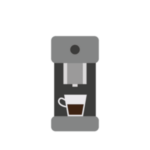

Preparation
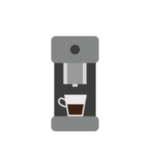

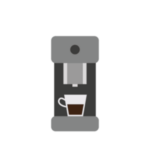







Video tutorial
Our Youtube channelFor optimal results, it is recommended to descale your Nespresso® Krups machine once a year. However, if you have hard water, consider increasing the descaling frequency to maintain the machine’s performance. To determine your water’s hardness, use specially designed test strips.
Additionally, make sure to consult the descaling instructions specific to your coffee machine model, as they may vary slightly.
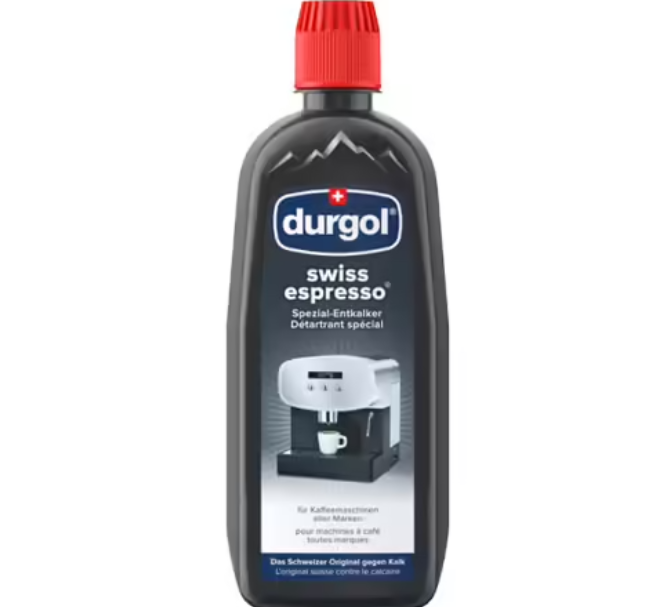
Cleaning – Descaler for espresso machines – Durgol
In its most economical form, you can carry out up to 4 complete descaling operations.
See the productNow you know how to descale your Nespresso® Krups coffee pod machine! Remember, proper maintenance of your coffee machine ensures you can enjoy great coffee for a long time. And, if you’re interested in learning how to maintain a bean-to-cup coffee machine, there are also several steps to be aware of.
Discover our other articles